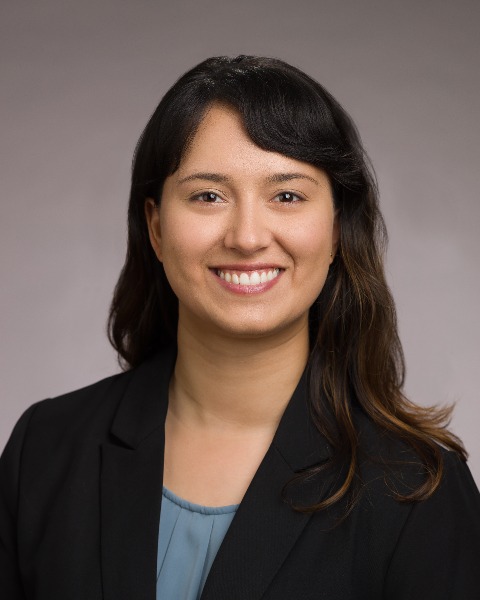Paper Presentation
History, Religion, and Culture
Session: Truth, Trust, and Error in AI
Retro ad futura - Mapping a Trajectory of Trust and Sacrifice from Antiquity to Artificial Intelligence
Friday, September 20, 2024
10:15 AM - 11:15 AM CT
Location: Grand Ballroom B (First Floor)
Keywords: wisdom of antiquity informing the future, fostering trust and evaluating sacrifice for clinical advancement
Abstract: The use of artificial intelligence (AI) in medicine has the potential to revolutionize our approach to clinical decision-making and improve patient outcomes. The implementation of AI, however, may require certain tradeoffs, including the loss of epistemic authority and challenges to physician autonomy; modern physicians must grapple with whether the clinical benefits of AI justify such potential sacrifice. Physicians in antiquity also weighed self-sacrifice in the pursuit of clinical advancement, and their experiences may provide insight for the modern day.
Hippocratic writings directly acknowledge that success as a physician requires years of training, marked by significant self-sacrifice and the forfeit of political advancement. Given the uncertainties of medicine, however, they accept such dedication as necessary to advance medicine and improve patient care.
Later, Galen asserts that the physician must employ rational observation and examination to accurately prognose, treat, and educate the patient and family. He admits, however, that acting in this authority is inherently risky; the physician becomes vulnerable to the outcome, potentially losing his reputation, or his life.
Despite the significant potential of clinical AI, it too may require certain professional sacrifices, including a loss of autonomy or epistemic authority. Looking to historical paradigms, some elements of this sacrifice may be accepted, if sufficient trust in the clinical benefits of AI can be established. This presentation will explore the professional self-sacrifice of physicians in antiquity and provide insights on how they may inform the discussion of potential sacrifice posed by the implementation and expansion of AI in the modern day.
Hippocratic writings directly acknowledge that success as a physician requires years of training, marked by significant self-sacrifice and the forfeit of political advancement. Given the uncertainties of medicine, however, they accept such dedication as necessary to advance medicine and improve patient care.
Later, Galen asserts that the physician must employ rational observation and examination to accurately prognose, treat, and educate the patient and family. He admits, however, that acting in this authority is inherently risky; the physician becomes vulnerable to the outcome, potentially losing his reputation, or his life.
Despite the significant potential of clinical AI, it too may require certain professional sacrifices, including a loss of autonomy or epistemic authority. Looking to historical paradigms, some elements of this sacrifice may be accepted, if sufficient trust in the clinical benefits of AI can be established. This presentation will explore the professional self-sacrifice of physicians in antiquity and provide insights on how they may inform the discussion of potential sacrifice posed by the implementation and expansion of AI in the modern day.
Learning Objectives:
After participating in this conference, attendees should be able to:
- Understand how physicians in antiquity weighed and justified self-sacrifice in attempts to advance medicine and improve clinical outcomes.
- Explore how the expansion of clinical AI may also require forms of professional self-sacrifice from modern physicians.
- Discuss how historical paradigms may provide insight into weighing the clinical benefit of AI against potential self-sacrifice by modern physicians.
Charles Binkley, MD, FACS, HEC-C – Hackensack Meridian School of Medicine

Indica Sur, MS
Medical Student
Hackensack Meridian School of Medicine
Nutley, New Jersey
